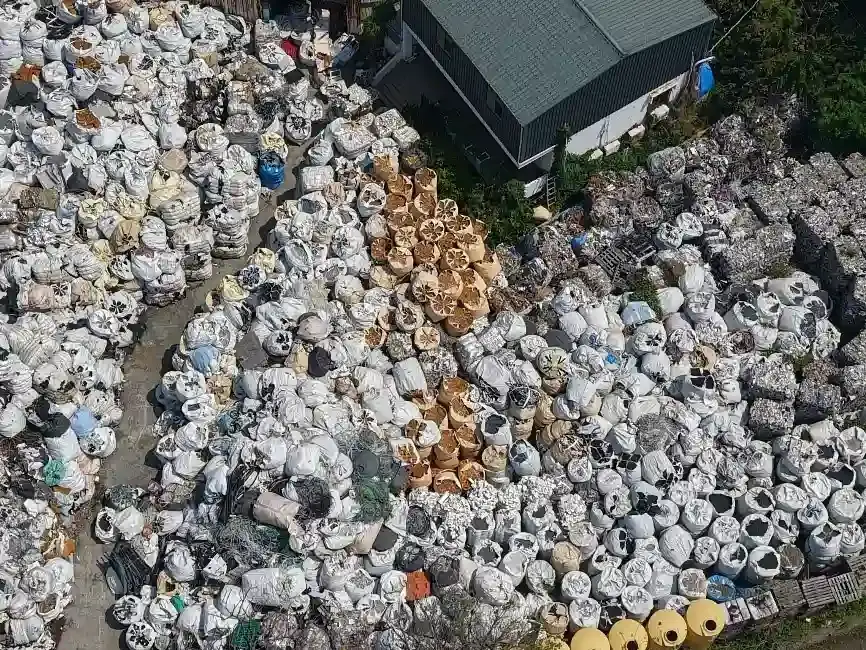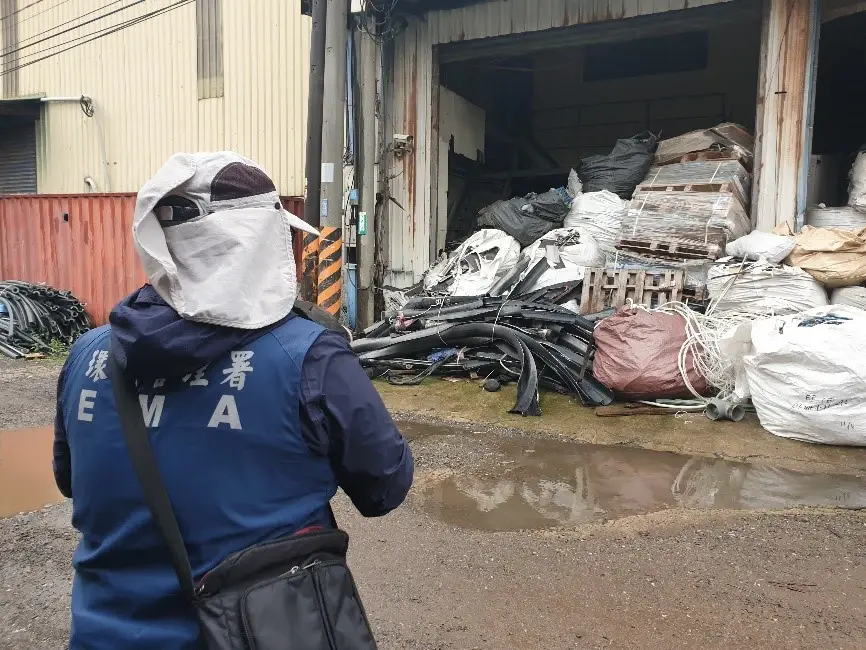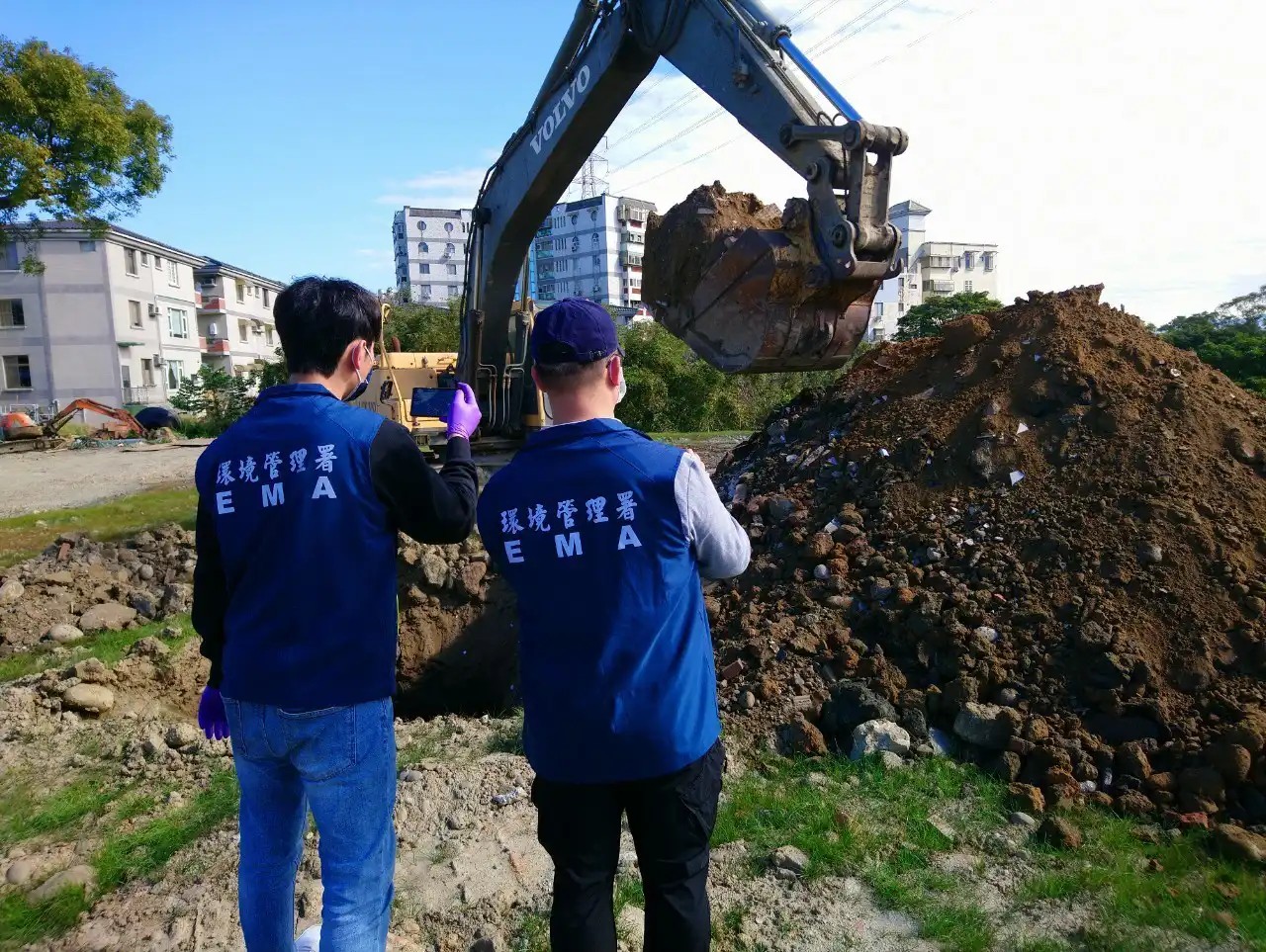 Illegal Waste Dumping Management
Illegal Waste Dumping Management
By strengthening the accountability of business waste sources, implementing a robust reporting system, and ensuring comprehensive vehicle tracking, waste flow is effectively managed. Additionally, legislative amendments have increased penalties for illegal dumping, and the alliance among prosecutors, police, and environmental protection agencies has been further solidified. Through government and public collaboration, environmental justice is upheld.
To counter increasingly sophisticated illegal dumping methods, the Environmental Protection Agency introduced technologies such as unmanned aerial vehicles (UAVs), geographic information systems, and satellite imagery to enhance the efficiency of collecting evidence of violations. GPS technology is also employed to track the routes of waste disposal vehicles, identifying potential dumping sites and integrating smart law enforcement to combat illegal dumping.



The Northern Center of Environmental Management reports that for cases of on-site illegal waste dumping and burying, scientific tools and methods are employed to create terrain models of illegal dumping sites. These models are compared with pre-dumping topographic maps to calculate the volume of illegally dumped construction waste and estimate illicit profits, which prosecutors may seek to confiscate through court rulings.
Currently, aside from using advanced technological tools for investigations, inspectors can also rely on the well-established nationwide alliance among environmental protection agencies, prosecutors, and police sharing in real-time information on suspicious waste flows and rapidly forming task forces to combat environmental crimes. The center urges businesses not to challenge the unified determination of environmental protection agencies, prosecutors, and police. Violators face legal consequences including imprisonment of up to five years, fines of up to NT$15 million, confiscation of illicit profits, and mandatory environmental restoration responsibilities, which far outweigh any perceived benefits. In the future, the Ministry of Environment will continue to promote innovative policies to achieve the goal of sustainable resource utilization.
- Data Source: Northern Center of Environmental Management
- Publish Date: 2024-12-10
- Update Date: 2026-02-12

 Related Topics
Related Topics






